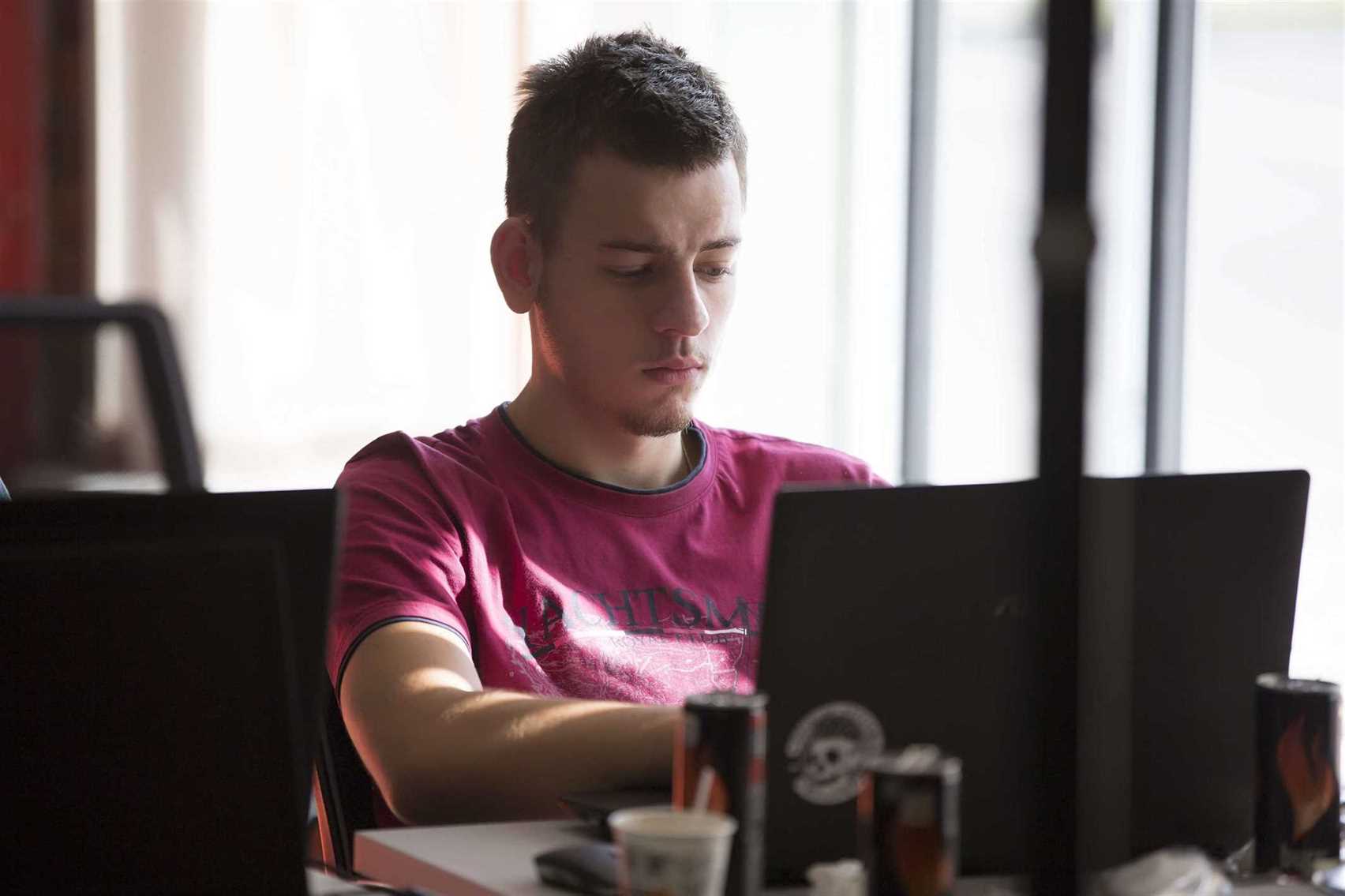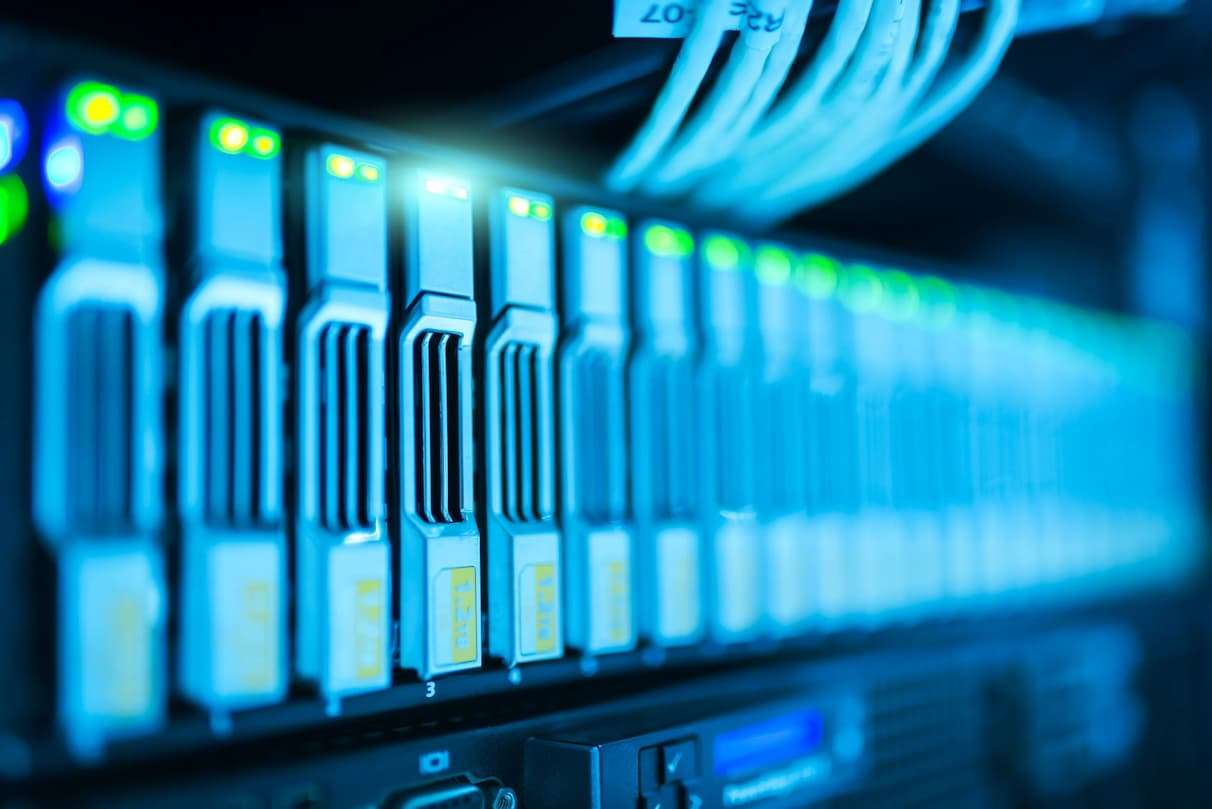Top Blockchain Use Cases in Healthcare, Advantages, and Challenges
The full texts of the remaining articles were subsequently assessed for their eligibility, based on the same eligibility criteria. This selection process is demonstrated using the Preferred Reporting Items for Systematic Reviews and Meta-Analyses flow diagram . The technology will not change the healthcare industry from its core next year or even its next. But, the tech revolution is on the journey to becoming a healthcare revolution.
Similarly, when blockchain data is manipulated in any way, a block is created to record this information so that any change can be easily verified and tracked back to its source. Solve problems in several sectors—with applications in the automotive, financial services, voting, and healthcare industries. Implementing blockchain into your current digital infrastructure will be a complex task.
Limitations and future studies
Additionally, the technologies for data storage, security and encryption exist and are in use today. This paper borrows heavily from the Massachusetts Institute of Technology’s published research on using a public Blockchain to manage and control access to personal data (Al-Saqaf & Seidler, 2017). Recently, blockchain technology has resolved healthcare data management challenges. It helps healthcare providers automate medical records and mining to aid in data sharing and making more accurate diagnoses. This paper attempts to identify the critical success factors for successfully implementing BT in healthcare.

These are self-executing contracts in which all members of the blockchain are bound by the agreement. In the same way, as a standard contract does, they influence advantages, responsibilities, also punishments related to contract-related conduct. It could be utilized to model the HIPAA healthcare personal health information workflow to satisfy audit and regulatory standards, likewise, done inside Patientory since they resemble conventional paper contracts and rules . A new type of blockchain trust model, trust in the consortium, is also emerging. Microsoft recently released the Coco framework, which enables the creation of blockchain-agnostic consortiums . Above mentioned models are based on a pre-defined group of trustworthy parties.
Ways blockchain is transforming the healthcare industry
Starting with some statistics, the National Crime Prevention Councilhas statedthat about 10% of the drugs in the global supply chain are counterfeit. That’s a disturbing trend, especially if those who need those drugs aren’t getting the treatment to cure their potentially life-threatening ailments. According to some estimations, this counterfeit drug market is worth up to$200 billionannually. The information is stored in the database of Blockchain and each user https://globalcloudteam.com/how-can-blockchain-implementation-successfully-improve-your-business/ has a copy of the database so that if one part of the network fails, the data remains safe so that it can be updated later. Analysis and Data Collection – Using a data-driven, scalable, and patient-centric blockchain-based system will prove helpful in collecting sensitive data to train machine learning software. Developed by leading experts in blockchain technology, this advanced program is ideal for managers, professional engineers, and business leaders.

Blockchain technology in healthcare certainly has many uses, but you would be hard-pressed to find a better reason than to prevent data breaches. The most obvious blockchain use case example in healthcare is patient data management. Blockchain in healthcare projects can address some of the biggest challenges that the healthcare industry faces, such ashospital cybersecurity& transparency, interoperability, and patient privacy, while saving many costs.
Security
The storage and sharing of medical data are vital for improved health outcomes. Respecting privacy of sensitive information while doing this remains a big challenge in health care. The literature shows that with the appropriate regulatory guidelines and use standards, blockchain can act as a vehicle to manage consented access to EHRs.

The grounded theory uses systematic inductive methods to build concepts and theory from data . Moreover, the Promoting Action on Research Implementation in the Health Service framework was considered as a basis for selecting interview questions. The PARIHS framework proposes three factors (i.e., evidence, context, and facilitation) that influence the successful implementation of evidence-based practices . Evidence https://globalcloudteam.com/ refers to knowledge-based supports for the effectiveness of an intervention (which is blockchain-based HIE in this study). Context explains the environment or setting in which the intervention is implemented . Facilitation posits the technique or process used to smooth change management, such as changing others’ attitudes, perceptions, or behaviors to increase the odds of successful implementation .
Trending Technologies
Blockchain enables organizations to use encryption to store their medical data in an unreadable manner across several devices. Pharmaceutical companies invest much time and financial resources in drug research and development. However, most don’t have a secure way to keep their drug formulas and trade secrets under lock and key. Let’s now dig deeper into some applications that are helping to improve medical services.
- Consistent with the identified themes, several solutions are suggested to help shape strategies for blockchain rollout in HIE networks.
- BurstIQ’s platform helps healthcare companies safely and securely manage massive amounts of patient data.
- Change of information stored is next to impossible as data is stored using a decentralized approach.
- Once a ledger is created for a drug, it records the point of origin, a laboratory for example.
- But, without a doubt, digital health companies need to provide secure access to users and adopt a comprehensive end-to-end security strategy.
- Patients can also anonymously share their data to participate and assist in medical research.
- The main argument pointed out by this group is that the benefits of blockchain applications in healthcare may outweigh the risks.